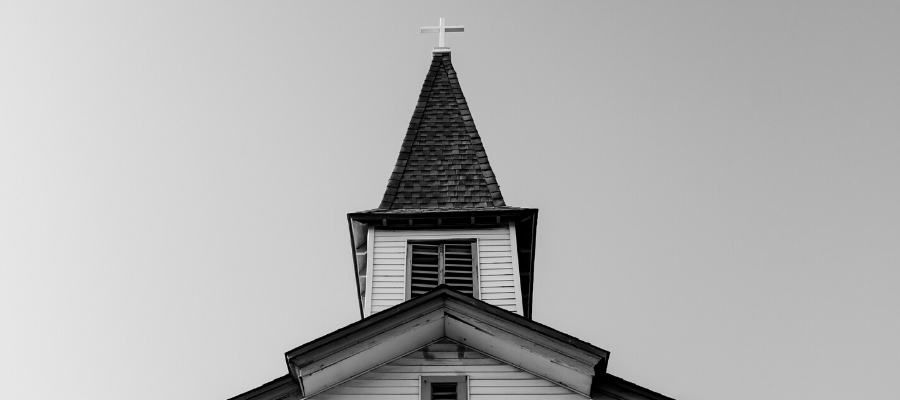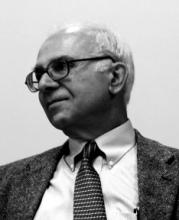
What Is It
Can committed believers and committed non-believers share a common political life in the context of a secular state? Committed believers may want the policies of the state to reflect their deeply held religious convictions and values. Committed non-believers may not want the state imposing religiously inspired values in the absence of any purely secular justification. Must religion retreat from the public sphere or can religion find a place in the public sphere, even in a purely secular state? John and Ken welcome Robert Audio from the University of Notre Dame, author of Democratic Authority and the Separation of Church and State.
Listening Notes
John and Ken introduce the show by talking about the role of religion in a democracy. How far should the separation of church and state go? Can religion have a positive role in democracies? John points out that there are democracies other than the United States that have an official religion and that a religion could provide the common values needed for cooperation in a democracy. But Ken responds that in those countries issues of religion are not taken as seriously as they are in the United States and that religion is often a source of division between people.
To help answer some of these questions, they bring in Professor Robert Audi of Notre Dame University. He begins by trying to define exactly what the separation of church and state means. He suggests that what this principle means is that the state should be neutral between religious and secular parts of society. When the discussion turns to policy making, however, it seems that this neutrality disappears. No policy, Audi suggests, should be supported without adequate secular justification since these are the only types of arguments that are acceptable to all. What happened to neutrality? Why can't religion be involved in politics? Can we really expect it to stay detached?
Accompanied by listeners, callers, and Professor Audi, John and Ken enter into a whole host of questions this issue raises. In certain cases, like abortion, shouldn't religious convictions be acceptable justifications for policy making? Is it really possible to separate religion from politics without endorsing secularism as the belief system of choice? What is the difference between dogma and religion? The show ends with some talk on other issues, such as how a religious believer should behave in what they think is an irreligious society and why the "Religious Left" has disappeared.
- Roving Philosophical Report (Seek to 5:00): Amy Standen interviews Nancy Pearcey, author of Total Truth, who believes that we should follow a strict interpretation of the separation of church and state. She explains why the only thing that the separation of church and state should make illegal is a state-sponsored church and how the state has already gone too far in banning religion from the political forum.
- Sixty-Second Philosopher (Seek to 49:30): Ian Shoales reviews Max Weber's The Protestant Ethic and the Spirit of Capitalism with an eye to how Weber explains the connection of religion to capitalism and how his ideas still relate to today's debates on faith and politics.



